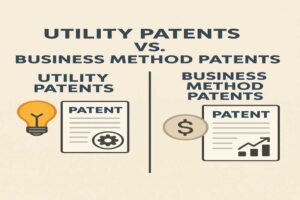Everyone talks about investing in private equity, especially the entrepreneur and the venture capitalist.
But, the problem for the investor is less to invest than to answer those two essential questions:
- How will the enterprise give back the capital?
- When will that restitution take place?
To answer the first question, the investor verifies the crédibility of the bases of calculation of the financial projections, called assumptions.
The inexperienced entrepreneur generally establishes a shopping list of what is necessary to build his project or to realize his dream, worrying only theoretically about profitability and absolutely not about the assumptions on which his or her financial projections rest nor about his budget.
Indeed, it is common to see financial projections built to cover budgeted costs without verification of the underlying assumptions. So, by restoring them by division, there are aberrations like:
- a saleswoman serves fourteen clients per minute !
- the average price of a purchase in a bakery is € 306.
Surprisingly, these two examples are taken from reality!
They perfectly illustrate the adage that reality often exceeds the fiction.
In jargon of private equity, there are several terms referring to the problem of the investor recovering his capital: the divestment, the exit, the investment exit, the exit etc…
For the experienced entrepreneur, the investor, all financiers and investor’s advisors, it is the essential preoccupation. It is not uncommon that investment companies require their trainees to eliminate all business plans and presentations of all not address this point in detail.
Even when the file is processed, the mere fact that the investment exit does not figure or be treated lightly or expeditiously enough to definitly classify the entrepreneur as inexperienced.
One of the greatest American investors often said :
“Forget the return on my money, talk to me about the return of my money.”
In other words, don’t talk to me about profitability, talk to me about the safety of my capital.
The traditional investment exit or disinvestment strategies are the following:
- 发行公司回购股票是缓慢的、不确定的,而且很少能获利。
- 第三方对股票的收购也是缓慢且不确定的,但一旦发生,往往会非常有利可图。
- 发行公司合并或借壳上市公司导致普通股上市。
- 将发行公司的普通股股份与上市公司的普通股股份进行交换,使投资者能够随意出售或质押上市公司的普通股股份。
- 股票的首次公开发行 (IPO) 是迄今为止最好、最快捷和最有利可图的解决方案,使投资者能够随意出售或质押新上市公司的普通股。







